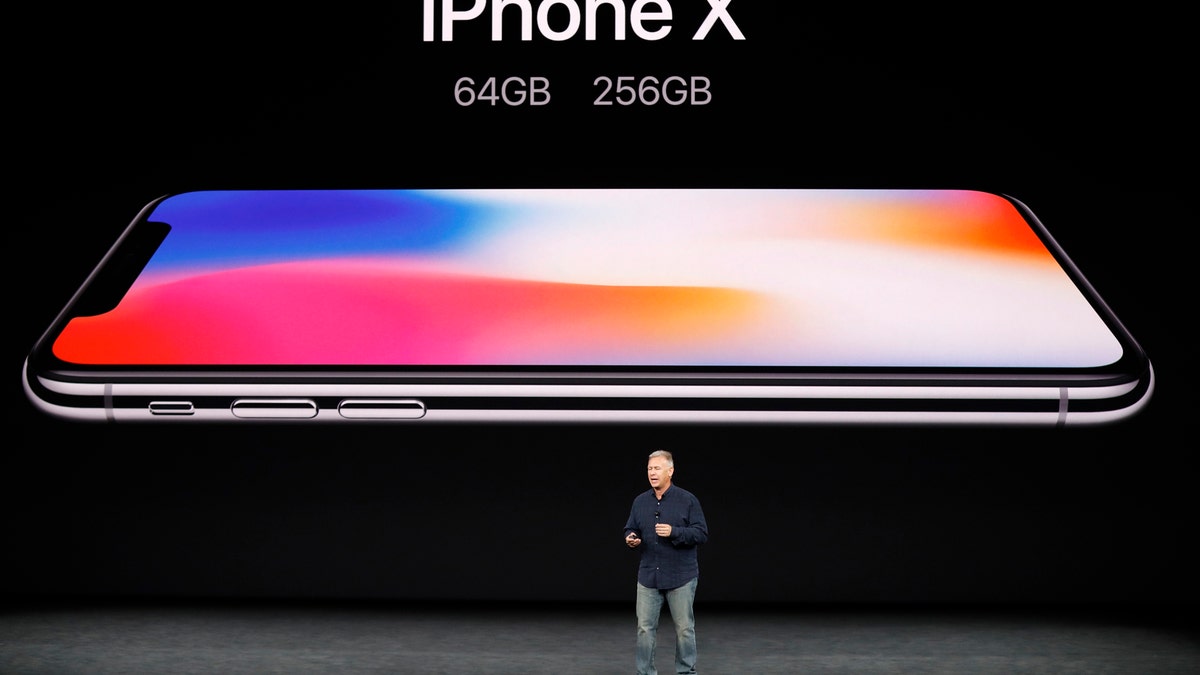
Apple Senior Vice President of Worldwide Marketing, Phil Schiller, introduces the iPhone X during a launch event in Cupertino, California, U.S. September 12, 2017. REUTERS/Stephen Lam - HP1ED9C1I90DE
Apple's 2017 iPhone lineup is particularly interesting because it features devices with completely different authentication schemes. Whereas the iPhone 8 features the venerable home button and Touch ID, Apple's flagship iPhone X features an edgeless display with no home button, and by extension, no Touch ID functionality. Instead, the iPhone X features a brand new facial recognition feature Apple calls Face ID. That being the case, it's only natural to wonder what this means for Apple's 2018 iPhone lineup. Will Apple migrate the entirety of its smartphone lineup to Face ID or will the home button and Touch ID stick around for a little bit longer?
While it's far too early to confidently predict what Apple's next-gen iPhone lineup will look like, reputed analyst Ming-Chi Kuo anticipates that Apple may eliminate Touch ID altogether if users encounter no issues adapting to Face ID. In a research note obtained by MacRumors, Kuo even writes that Apple's exploration into an embedded Touch ID sensor underneath the display may be ongoing.
Kuo's note reads in part:
More From BGR
Kuo later explains that the extent of Apple's effort to embed a Touch ID sensor underneath the iPhone display hinges on the success of Face ID. It's worth noting, though, that Apple still faces some technical hurdles regarding the embeddable Touch ID sensor. As Kuo explains, the iPhone's 3D Touch technology results in a thicker display which, in turn, makes it more challenging for an embedded fingerprint sensor to accurately read a print.
For those cautiously optimistic that Face ID will be as reliable and efficient as Touch ID, Apple executive Craig Federighi said that Face ID will actually be more user-friendly. This, it's worth noting, has also been echoed by various tech personalities who have relayed similar testimonials from Apple engineers.
"Honestly, we're just all counting the days until customers can get their hands on these," Federighi said in reference to the iPhone X. "I think just like with Touch ID, initially people thought, 'Apple's done something that's not going to work and I'm not a believer, and I'm not going to use the feature. Now, everyone is worried because they can't imagine their life without Touch ID, and we're going to see exactly the same thing with Face ID."
Federighi's optimism aside, it remains to be seen if the feature's actual implementation will live up to the hype. The iPhone X won't arrive in customer hands until early November so we'll just have to wait and see how the feature operates in the real world.




















